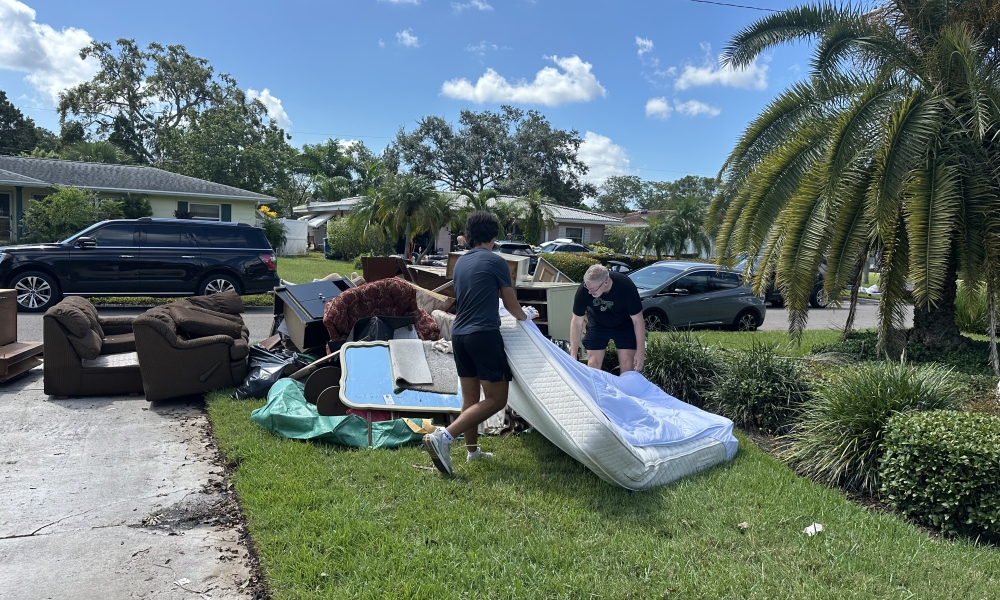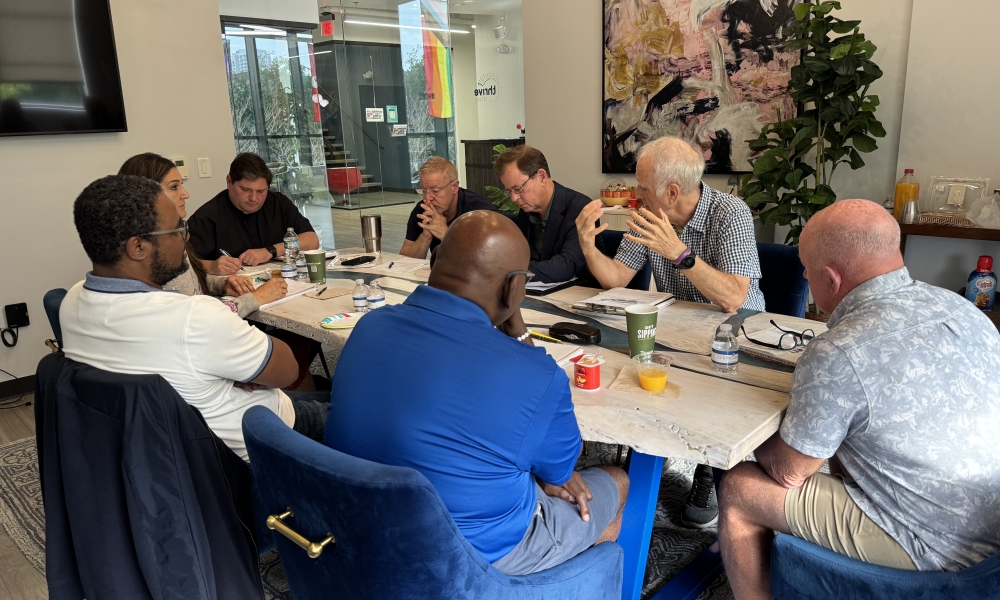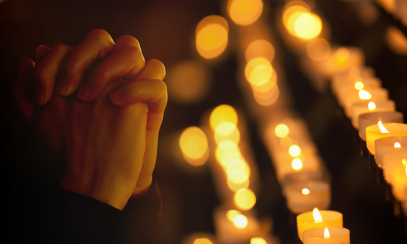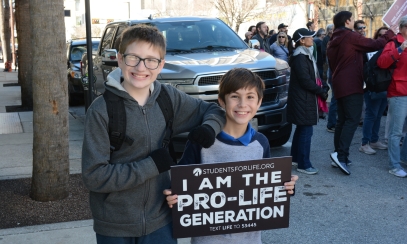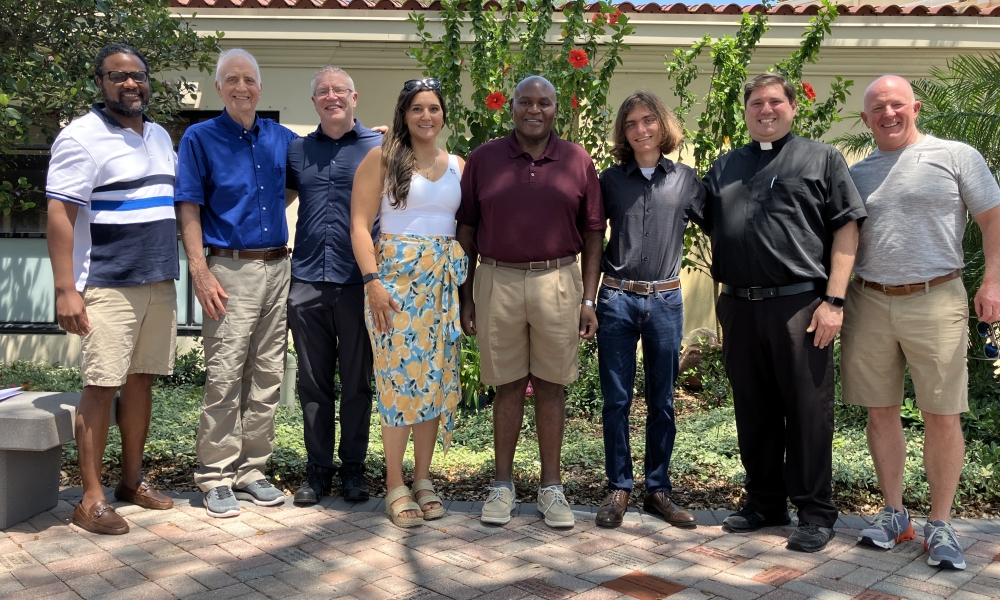
Stronger Faith Communities through Collaborative Leadership
Getting your Trinity Audio player ready...Many parishes in dioceses around the country have groups of lay leaders called parish pastoral councils. While the membership of councils vary from parish to parish, these councils are instrumental in assisting and providing consultation to the pastor at different levels of decision-making.
Many parishes in dioceses around the country have groups of lay leaders called parish pastoral councils. While the membership of councils vary from parish to parish, these councils are instrumental in assisting and providing consultation to the pastor at different levels of decision-making.
As a testament to his belief in the value of strong parish councils, Bishop Parkes has included them in the new 2025-2029 Diocese of Saint Petersburg Pastoral Plan titled A Call to Conversion: Courageously Living the Gospel. While every parish will build and equip parish councils in different ways, the anticipated outcome is stronger faith communities through collaborative leadership.
Father Curtis Carro, Pastor at St. Raphael Catholic Church, recently shared how his parish council has helped in ministering to the parish community and beyond.
I became an administrator of St. Raphael Catholic Church in St. Petersburg in Summer 2020. Opening a parish after the pandemic shut down was no easy task. Hardly anyone was present, and we were live streaming, but I did not know to whom. I had been tasked with the awesome responsibility to participate in Christ as Head of the church to St. Raphael, a 60-year-old parish just northeast of downtown St. Petersburg. A parish is not simply its campus of buildings or those active on congregation rolls, but rather, every soul living within its boundaries. How was I to make decisions for St. Raphael, when canon law describes a person as one who cannot think or make decisions for itself? Rather, it was I through those the graces of appointment and the Holy Spirit who would in process make those decisions.
While in seminary, I explored best practices in pastoral governance during a practical theology course, including a project to work with a parish to develop a new 5-year pastoral plan. However, the one where I found myself as pastor had no PPC. How was I to have help listening to the Holy Spirit in confidence and faithfulness of my vocation? I am deeply indebted to spiritual leadership coaching and hosting listening sessions that coincided with the synodal process and began my journey as pastor. But, a parish pastoral council is truly the best practice. A council is not a board of directors, not elected, and certainly not pastor appointed. The serving members of the PPC would be nominated and discerned in a process open to prayer and the Holy Spirit, as purported by fruit of best practices students in alignment with the Gubish model (named after the primary editor) as outlined in 'Revisioning the Parish Pastoral Council.'
In 2021 I began my appointment as pastor and after the ricochet of all the financial and stability challenges posed by the pandemic, I was finally at a place to establish a parish pastoral council in January 2023. All during Lent, I asked and prayed for nominations of those with a calling to serve on the PPC. By Easter 2024, 60 persons were put forth as candidates! We invited them to two information sessions to discover what a PPC is. Eventually, the number dwindled down to 20 persons by the morning of discernment. I, as pastor, opened in prayer and left the room, slightly nervous, but trusting the Spirit. The group was facilitated by Dr. Bryan Froehle a professor of Practical Theology at Florida Atlantic University, who through sharing, prayer, and listening were guided to a consensus of seven persons called by the Spirit to serve on the PPC. I have learned to trust the Holy Spirit.
Our work began immediately in early May. It took a while to figure out how the council was to function. We were about to begin a listening process to form pastoral goals. Then, on the Thursday night of September 26th, Hurricane Helene sent a storm surge through our parish, flooding over 11,000 homes. Half of the parishioners had water in their houses, including our parish rectory. A text thread began that night as the waters were rising. By that time, they were two feet higher than when Hurricane Idalia flooded 2,000 neighborhood homes the prior year. We knew this was disastrous. Planning began through the night. I remember being nervous sending out a text message to parishioners about ‘being in this together’; thinking to myself: “What if nobody showed up in two days to help?” I learned to trust. In the days after the storm, when I learned to trust, people showed up. The parish council members met and organized response teams and a town hall meeting to respond to the needs of the community in the weeks and months to come. This was more than I could ever do as a pastor leading a staff.
Six months after the storm, the question still remains, and even more so now: who is St. Raphael, and what are the needs of the parish? At the end of March, the PPC, entered into a retreat to again listen to the Holy Spirit to see where we have been and seek now where we are being led. We put together a place to listen, gather information and form a prayerful process in guiding us to form a pastoral plan over these next few months ahead into Fall.
While the role of pastor has the ultimate responsibility to Christ over the leading and governance of the parish and shares in the person of Jesus as the head and shepherd, I value the presence, insight, prayer, and discernment of the PPC in helping me confidently move where the Spirit leads. They serve as collaborators (co-laborers) to help shoulder the burden which can otherwise feel insurmountable without assistance. They support me in prayer. Most helpfully, members of the PPC help congregation members to grasp that it isn’t simply because ‘Father said’, but they give witness to process of how the Holy Spirit moved us. A parish council can help to spread the often unseen but considerable work that goes into making sure a parish runs smoothly.
Our newly released diocesan pastoral plan seeks to help pastors establish effective and spiritual pastoral councils to help us in our mission to advance the gospel by deep conversion.* Please consider praying for your pastors and priests and ask the Holy Spirit to guide them to best head and shepherd their congregations. And, if the Spirit moves you, consider telling your pastor that you care about him and that you’re praying for him. I promise you that’ll go such a long way.
Want to know more? Find out if your parish has a pastoral council and how they assist the pastor. Prayerfully consider joining your parish’s council.
Click here to read A Call to Conversion: Courageously Living the Gospel
*A Call to Conversion: Courageously Living the Gospel Goal 5, Call to Conversion 3, Putting it into Action #2 and #3 training, pastoral development and best practices target date February 2026
The Code of Canon Law, which are the laws that govern the Church body, encourages this practice. Canon 536, #1 states “If, after consulting the council of priests, the diocesan Bishop considers it opportune, a pastoral council is to be established in each parish. In this council, which is presided over by the parish priest, Christ’s faithful, together with those who by virtue of their office are engaged in pastoral care in the parish, give their help in fostering pastoral action.”


